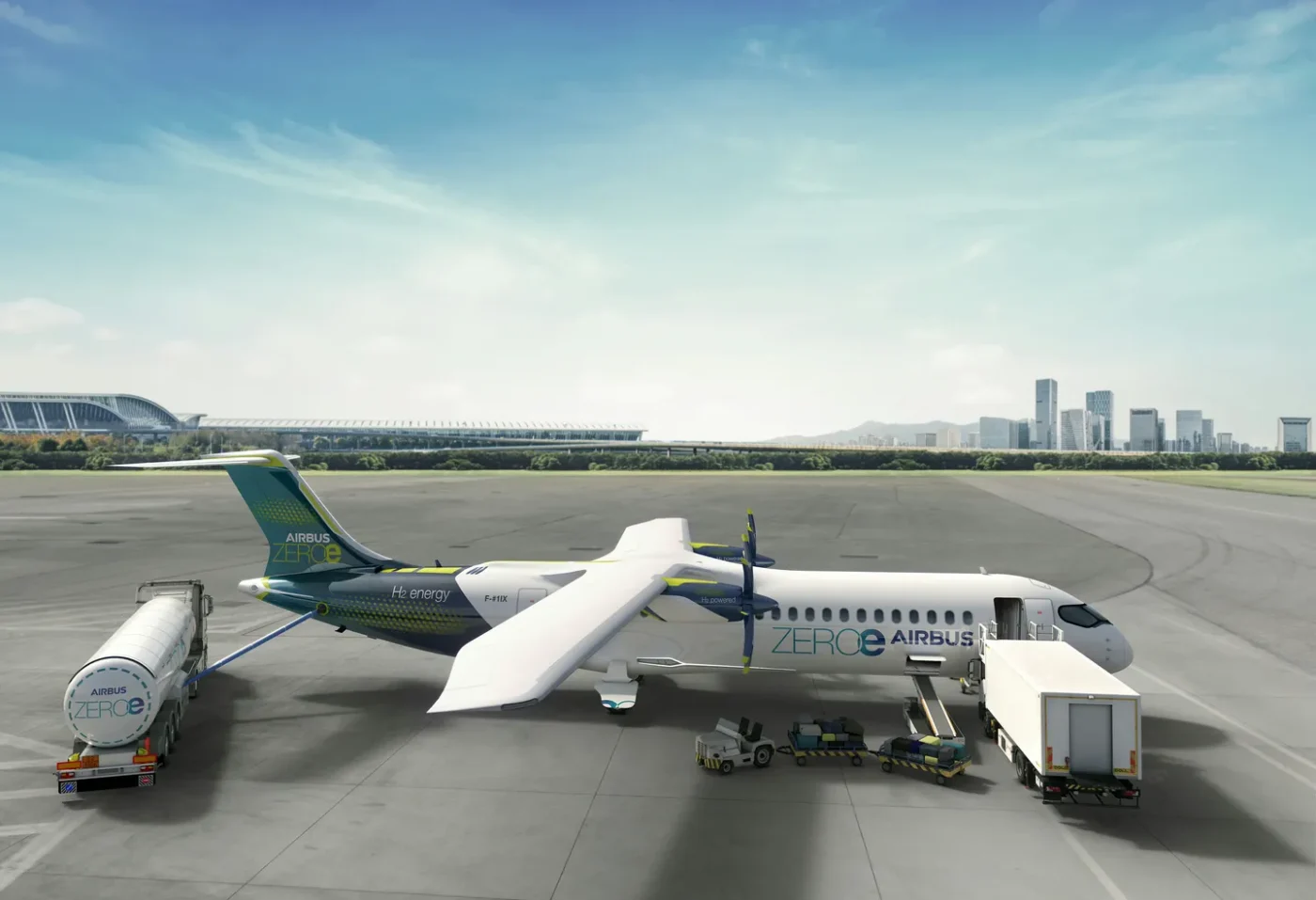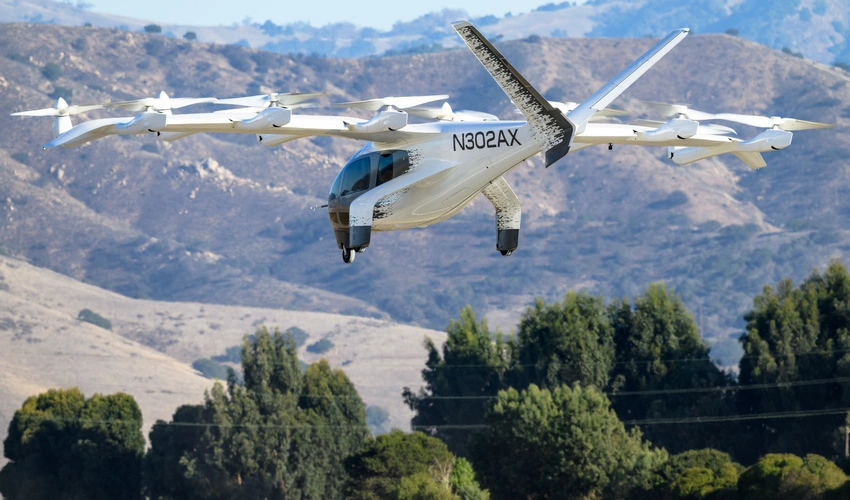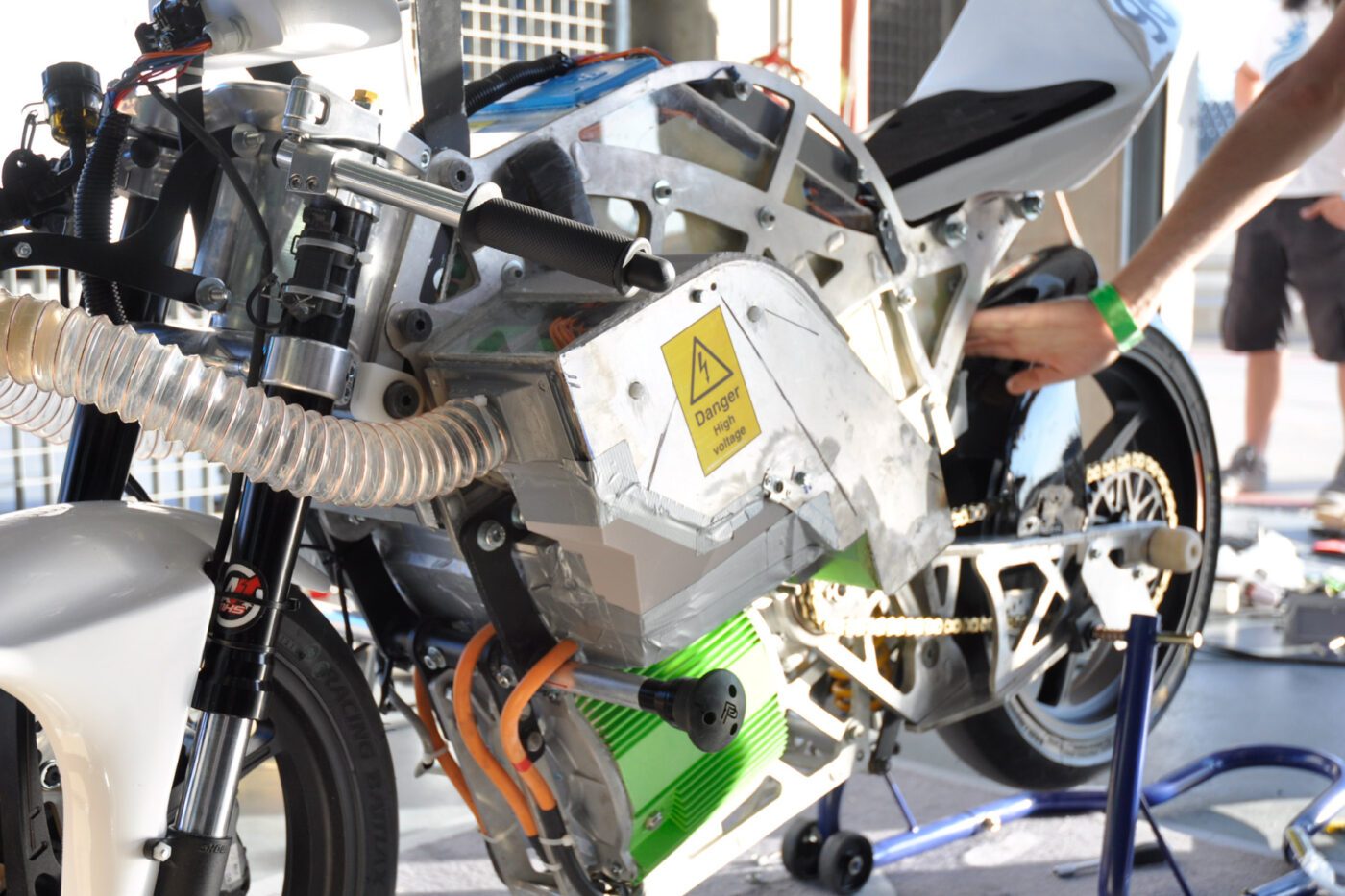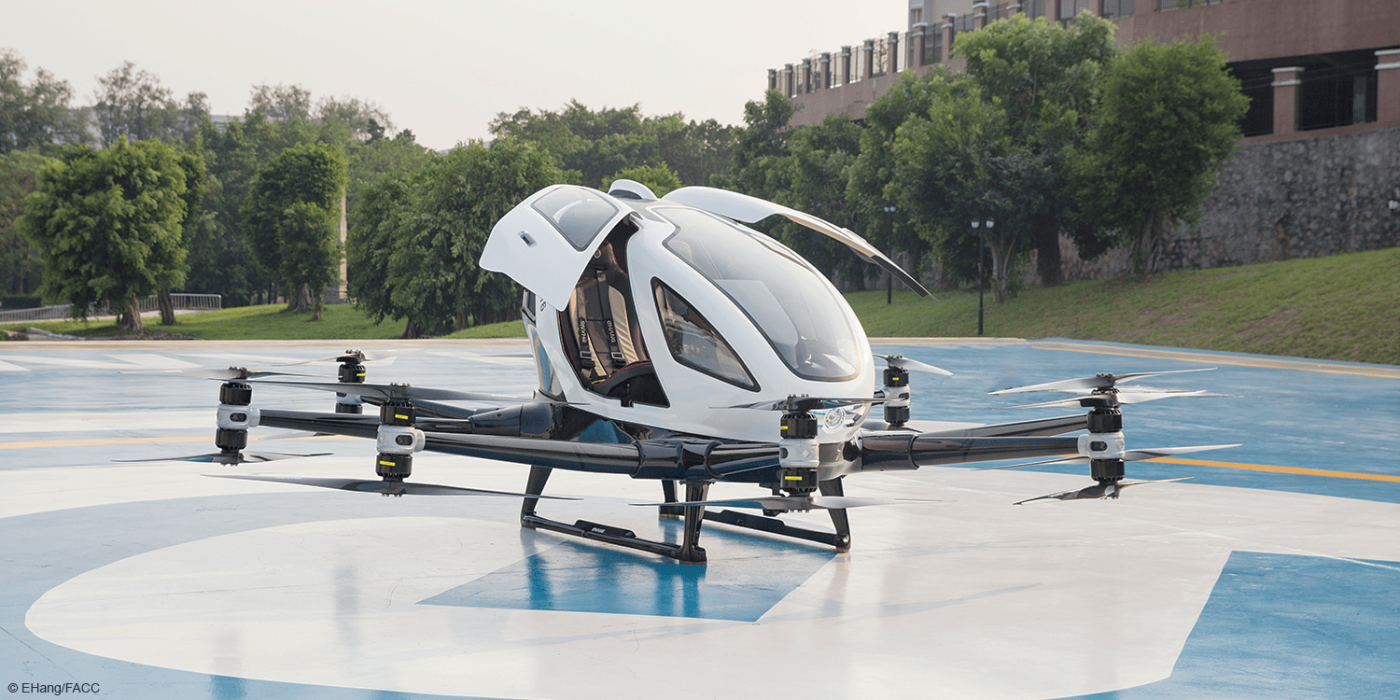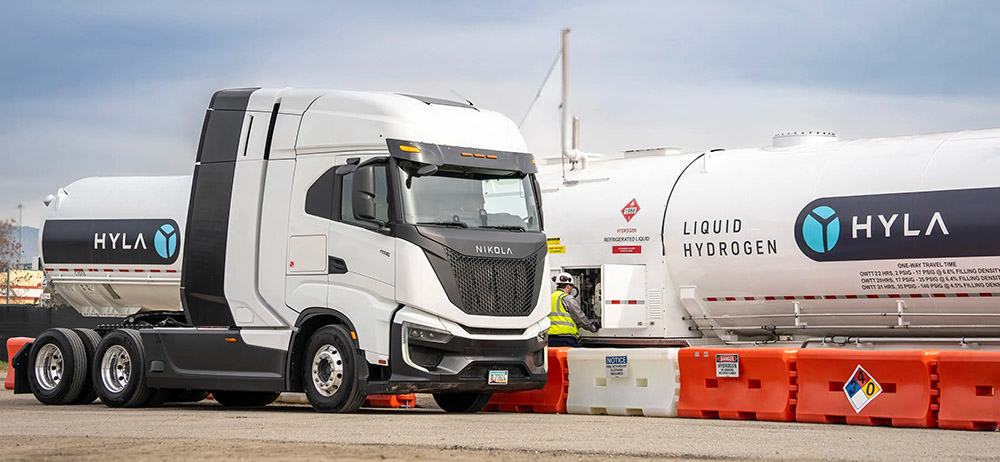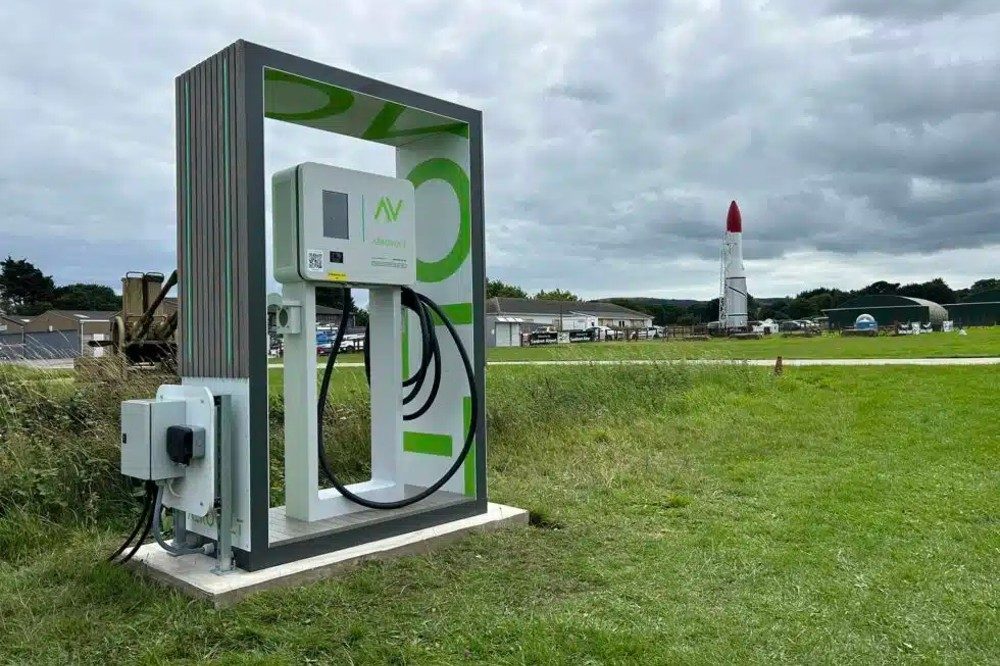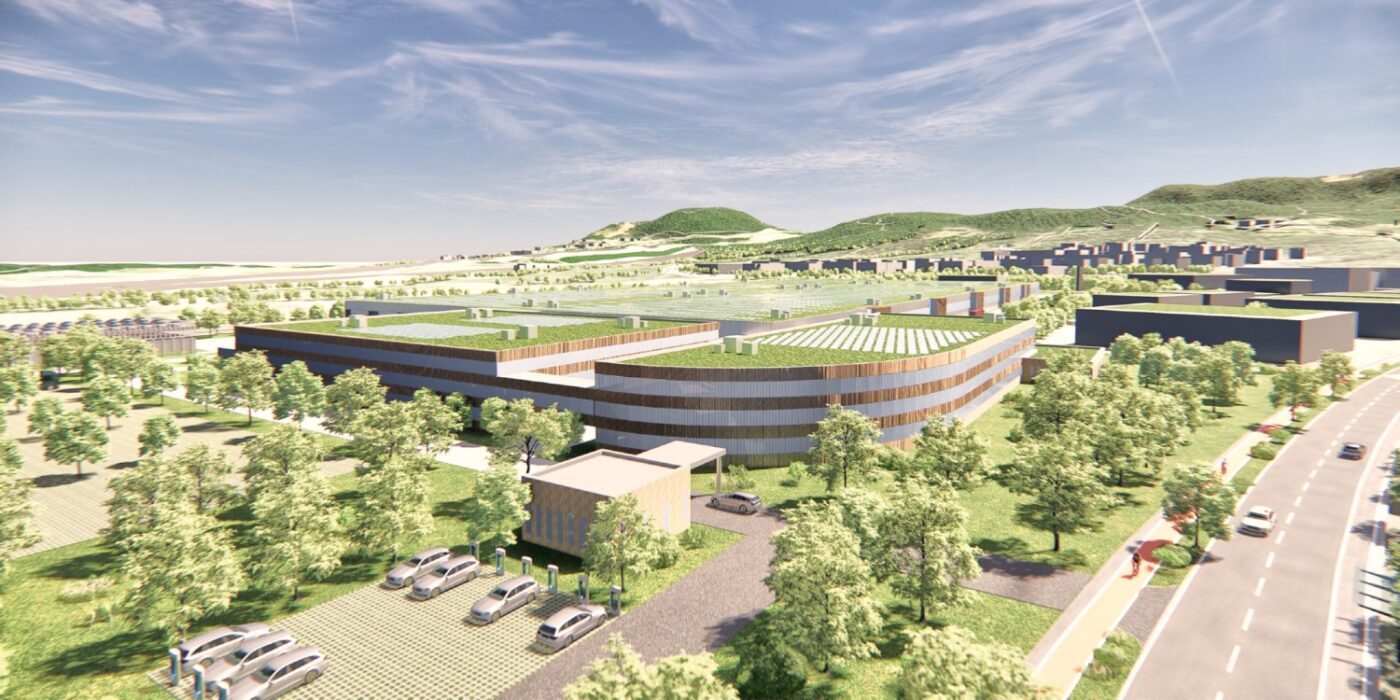Airbus, in collaboration with Avinor, SAS, Swedavia, and Vattenfall, has inked a Memorandum of Understanding to explore the feasibility of hydrogen infrastructure at airports in Sweden and Norway. This joint effort aims to gain a comprehensive understanding of hydrogen aircraft concepts, operations, supply chains, infrastructure requirements, and refuelling needs at airports.
The overarching goal is to foster the development of a hydrogen ecosystem for aviation in both countries, facilitating the transformation of airports to operate hydrogen-powered aircraft.
See also: AMSL Aero Secures USD 3.49 Million Grant from ARENA to Advance Hydrogen-Powered Vertiia Aircraft
The partners plan to conduct an unprecedented one-year feasibility study, involving more than 50 airports in two countries. The extensive project will delve into the complexities of hydrogen infrastructure deployment, addressing key aspects such as aircraft concepts, operational procedures, and regulatory frameworks. The collaboration is a significant step towards achieving complete decarbonization and net-zero emissions in aviation by 2050.
Guillaume Faury, CEO of Airbus, expressed hydrogen’s pivotal role in realizing a sustainable aviation future, highlighting the demanding aviation landscape in Norway and Sweden and their potential for hydrogen production from renewable sources.
See also: Universal Hydrogen’s Hydrogen-Powered Aircraft Completes Successful Test Flight
This initiative follows a previous project in 2019 called the ‘Nordic Network for Electric Aviation,’ which focused on electric aircraft usage in Scandinavian nations. Airbus has been actively engaged in various projects aimed at reducing its carbon footprint and recently launched its first hydrogen-powered airplane. The company aims to offer commercial flights with hydrogen aircraft by 2035, aligning with its commitment to advancing sustainable aviation solutions.

